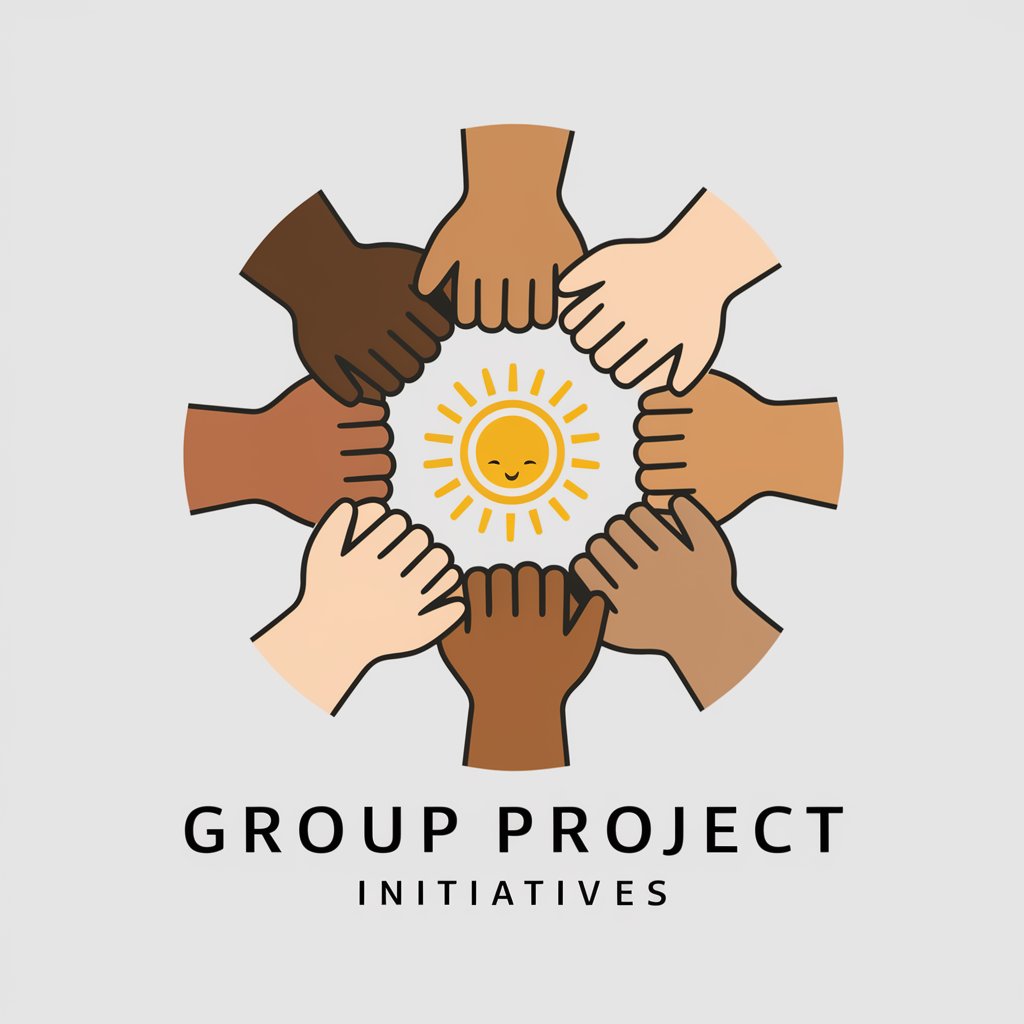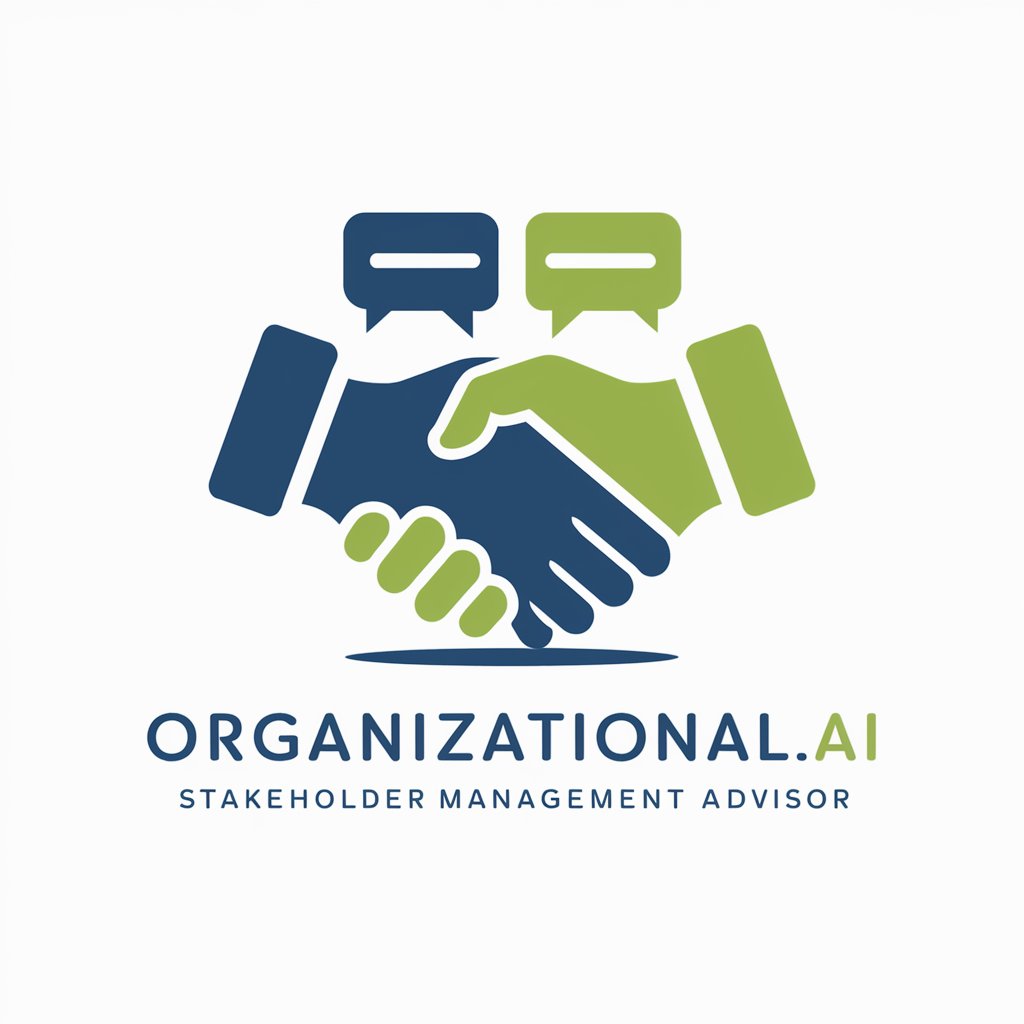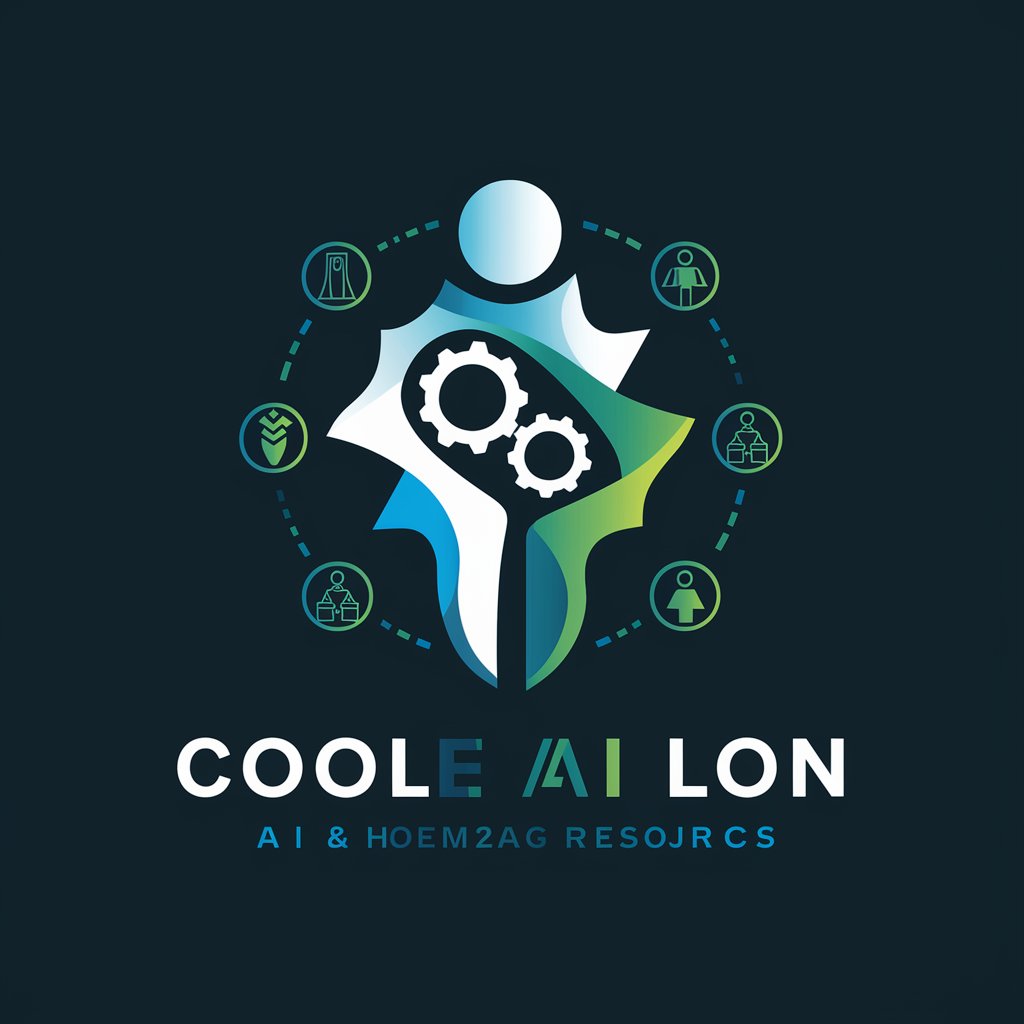
Maximizing Stakeholder Engagement in EDS - Stakeholder Collaboration Platform

Welcome to EnviroSynth! How can I assist in today's session?
Empowering EDS Projects with AI-Driven Stakeholder Engagement
What are some key points from the speaker's paper on open science?
Can you suggest a topic for our next breakout group?
How can we incorporate data sovereignty in our discussion?
Share an example of successful stakeholder engagement in EDS.
Get Embed Code
Maximizing Stakeholder Engagement in Environmental Data Science (EDS)
Maximizing Stakeholder Engagement in EDS is designed to leverage open environmental data science as a pivotal tool in guiding decision-making under the pressures of global change. The fundamental purpose of this initiative is to make cutting-edge environmental data and data science tools accessible and meaningful to stakeholders, including policymakers, scientists, the private sector, and civil society. It focuses on inclusive and innovative frameworks for stakeholder engagement, identifying stakeholders' needs early in the process, and involving them in knowledge production and transference. For example, a scenario illustrating this approach might involve a community-based water management project, where local stakeholders, including residents, government agencies, and NGOs, are engaged from the onset to co-create water conservation strategies using open-source data and tools. Powered by ChatGPT-4o。

Key Functions and Real-World Applications
Facilitating Access to Open Data
Example
Digital Earth Africa
Scenario
By providing routine, reliable, and operational services using Earth observations to deliver decision-ready products, stakeholders across Africa can access and utilize data for addressing various challenges such as agricultural productivity, water management, and urban planning.
Stakeholder Engagement throughout the Research Lifecycle
Example
ICON: An AI River Corridor Use Case
Scenario
This function involves engaging stakeholders at every stage of the research lifecycle, from planning to dissemination. In the case of ICON, stakeholders including local communities, environmental NGOs, and government bodies are involved in utilizing AI tools for river corridor management, ensuring the solutions developed are both relevant and sustainable.
Building Capacity and Enhancing Digital Accessibility
Example
eoAPI for Delivering STAC and Data Services
Scenario
eoAPI exemplifies the commitment to innovative cyberinfrastructure that supports stakeholder engagement by making geospatial data more accessible and user-friendly. This tool is crucial for organizations looking to share, discover, and use environmental data more efficiently, enhancing the capacity of users to engage with and leverage open data for environmental stewardship.
Target User Groups and Their Benefits
Policymakers and Government Agencies
These users benefit from data-driven insights to craft policies and strategies that address environmental, social, and economic challenges. Engaging with EDS services allows them to make informed decisions, leveraging open data for public good and sustainable development.
Scientists and Researchers
This group leverages EDS for advancing scientific understanding and innovation in environmental studies. Through stakeholder engagement, they can ensure their research is aligned with societal needs and contributes to actionable knowledge.
Community Groups and NGOs
These users are at the forefront of applying data science tools to local environmental challenges. EDS services empower them with the necessary data and tools to engage in meaningful conservation efforts, community planning, and advocacy.
The Private Sector
Businesses focused on sustainability can use EDS services to integrate environmental considerations into their operations and decision-making processes, thereby enhancing their social license to operate and contributing to their corporate social responsibility goals.

Guidelines for Using Maximizing Stakeholder Engagement in EDS
Start Your Journey
Initiate your exploration at yeschat.ai to embark on a free trial, bypassing the need for sign-in or a ChatGPT Plus subscription.
Identify Your Stakeholders
Determine who your stakeholders are, focusing on the diverse groups impacted by or interested in your environmental data science (EDS) project. This includes community members, policymakers, scientists, and private sector partners.
Set Engagement Objectives
Define clear, achievable goals for engaging your stakeholders. Consider what you aim to achieve through this engagement, such as input for project planning, feedback on data usability, or co-creation of solutions.
Leverage Open Data
Utilize open environmental data and tools to foster transparency and collaboration. Ensure that data is accessible and understandable to all stakeholders, leveraging platforms like Digital Earth Africa for operational insights.
Facilitate Inclusive Participation
Organize workshops, meetings, and digital forums that cater to the diverse needs and preferences of your stakeholders. Incorporate tools and practices that ensure everyone's voice is heard and valued.
Try other advanced and practical GPTs
APOe4 GPT
Empowering Knowledge on APOe4 Genetics
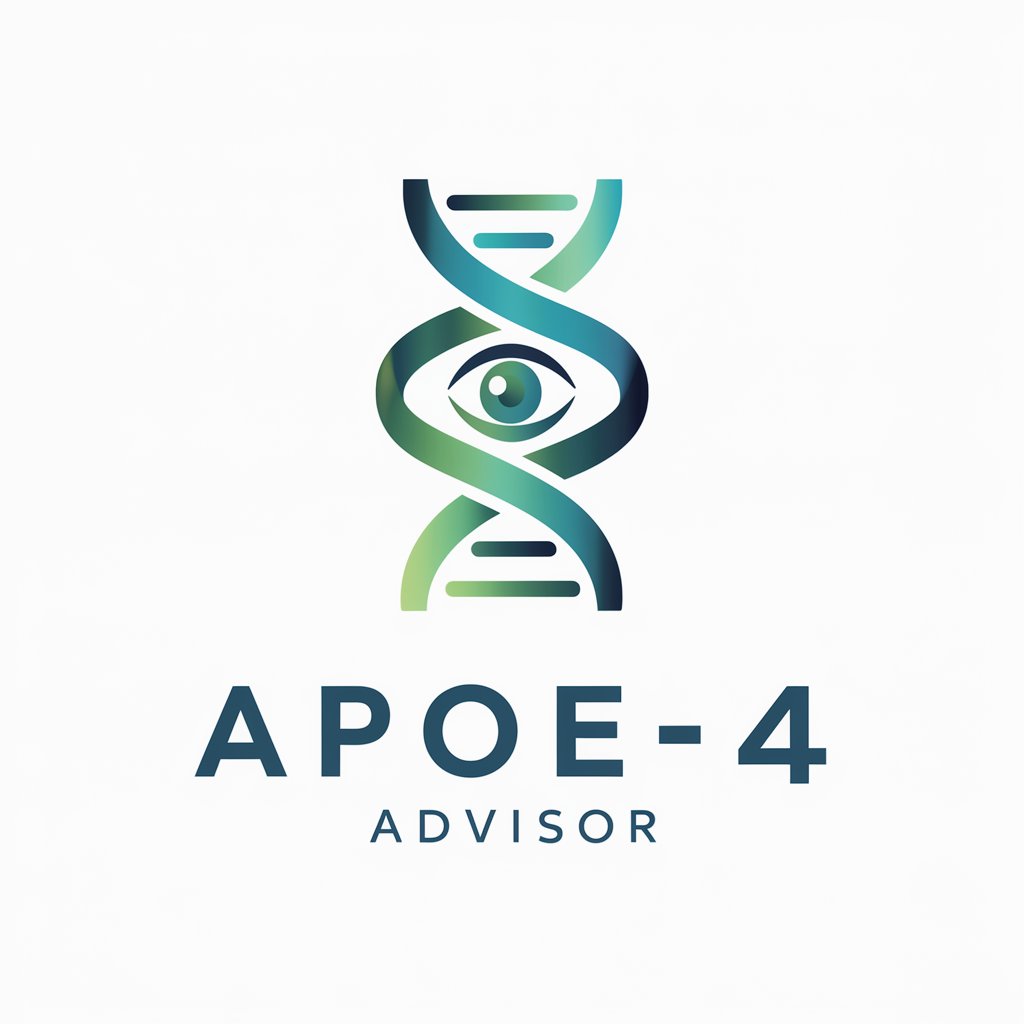
Roman Kozak's Secretary
Smart AI Assistance, Tailored to You

Career Advisor
Empowering your career journey with AI

OpenStorytelling Visualizer
Bringing Stories to Life with AI
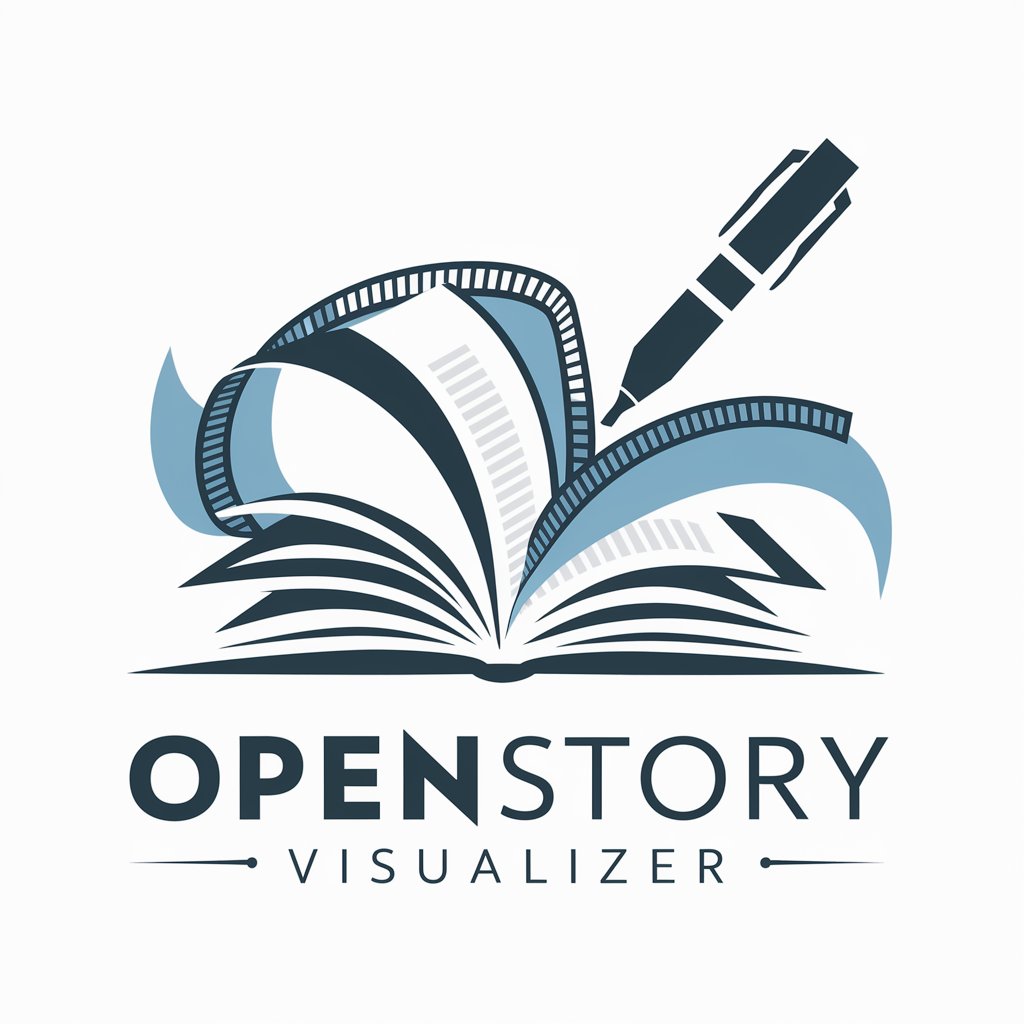
Klarspråk - GPT
Simplify Texts with AI Power

"5 Whys" Root Cause Analysis
Uncover Root Causes with AI-Powered Analysis
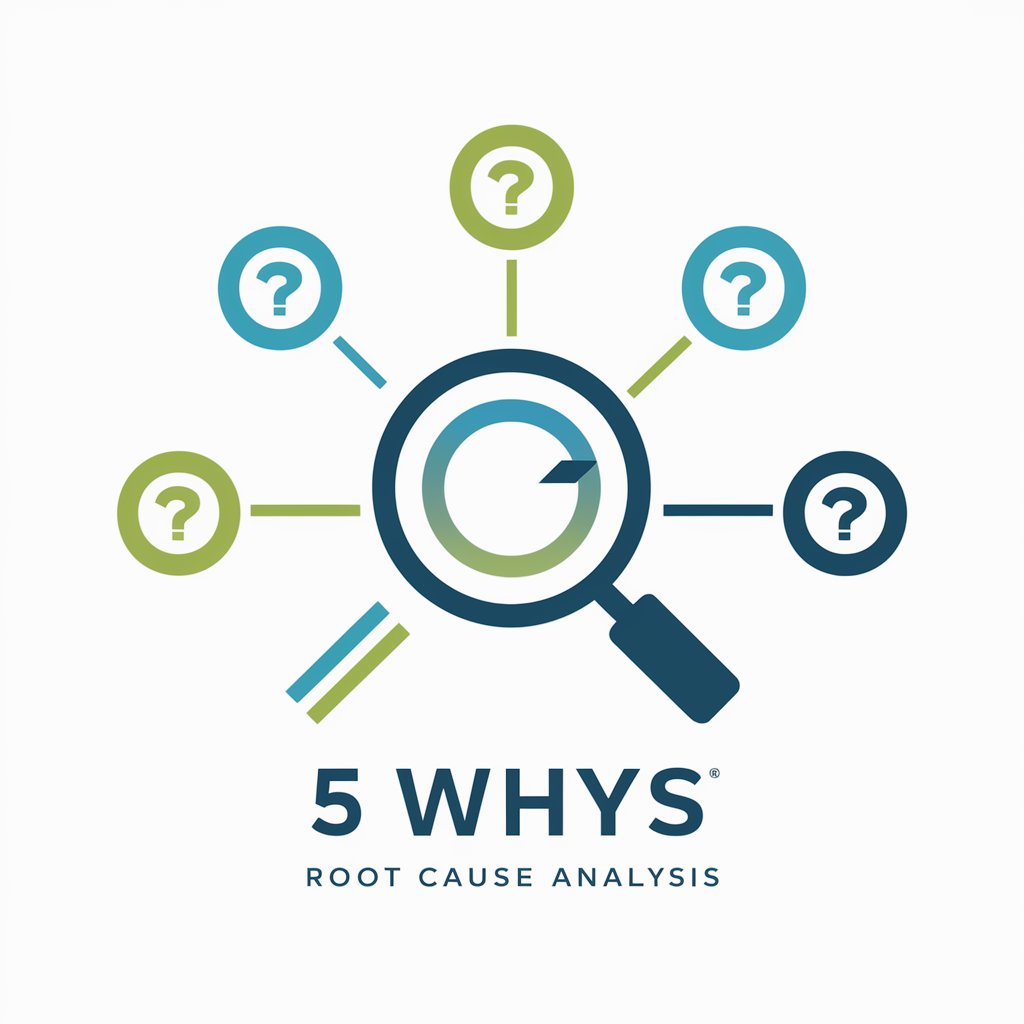
ADHD Self Help
Empowering ADHD management with AI

AI Ad
Crafting Ads with AI Precision

Unmute - The Strategy Assistant
Empowering decisions with AI-powered strategy.

Quantum Core GPT
Empowering Computations with AI Precision

Créateur de Personnages Virtuels
Bring Your Characters to Life with AI

Job Application Assistant
Craft Your Way to Your Next Job with AI

Q&A on Maximizing Stakeholder Engagement in EDS
What is Maximizing Stakeholder Engagement in EDS?
It's a strategic approach to actively involve various stakeholders in the lifecycle of environmental data science projects. This involves identifying stakeholders, understanding their needs, and engaging them through open data, collaboration, and co-creation of solutions.
Who are the key stakeholders in EDS projects?
Key stakeholders include local communities, government agencies, environmental organizations, researchers, and the private sector. Their involvement ensures that EDS projects are relevant, sustainable, and beneficial to all parties.
How can open data enhance stakeholder engagement?
Open data promotes transparency and accessibility, allowing stakeholders to contribute to, use, and benefit from environmental data. This fosters trust and collaboration, crucial for successful EDS projects.
What are the benefits of engaging stakeholders in EDS?
Benefits include improved project relevance, increased data utility, enhanced community support, and the co-creation of innovative solutions to environmental challenges. Stakeholder engagement also promotes inclusivity and equity in project outcomes.
How can I overcome challenges in stakeholder engagement?
Address challenges by establishing clear communication channels, recognizing and respecting diverse perspectives, providing training on data tools where necessary, and maintaining flexibility to adapt engagement strategies as the project evolves.

